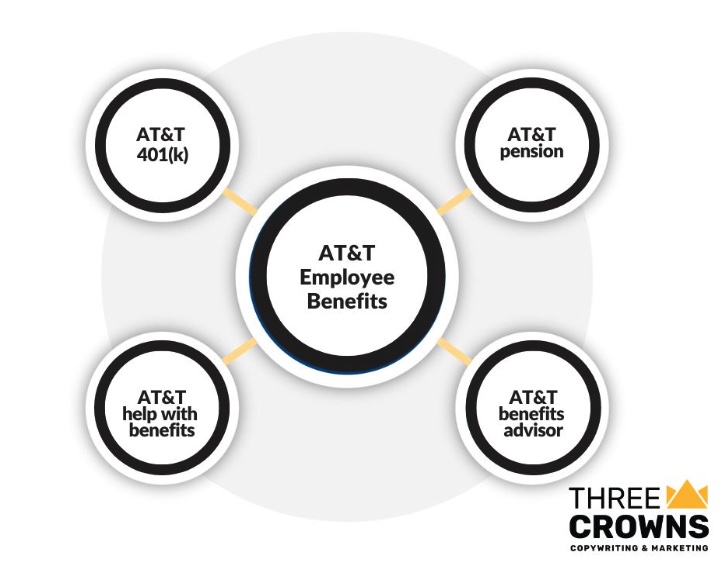Written by: Zach McDonald
Blogs are everywhere. On last count, there were 75 kajillion blogs on the internet, and 15 bazillion of them were about money (need citation).
As a financial professional, it makes sense that you would want to start a blog. Blogging has countless benefits, from SEO to client communications to building your reputation, publishing your insights on the web is one of the best investments you can make in your business.
We’ve helped many advisors put their thoughts in writing. Over time, I’ve come to realize that one of the most important things you can do when you start blogging is pin down the why behind your efforts. If you can identify the bullseye of your blogging dartboard, it’ll be easier to stay on target and recognize when you’ve gone astray.
With that in mind, I want to look at seven reasons financial professionals start a blog. As you read through them, consider which ones resonate most and resemble your goals for your business. You might find that all of them apply or just one or two – it’s your blog!
1. Go After Keywords
One of the top reasons advisors choose to maintain a blog is to go after specific keywords where they want to appear in search results.
For instance, if an advisor specializes in helping AT&T employees get the most out of their employee benefits, they would start blogging around related keywords (e.g., AT&T 401k, AT&T benefits help, etc.).

It’s no secret that blogging can make a huge difference for businesses in pretty much any industry, but it’s especially true in the world of finance.
A lot of the time, people turn to Google with their questions before they go anywhere else – particularly when it comes to questions they’re not necessarily comfortable asking people they know.
By mapping out your target audience and finding their pain points, you can use your blog to build a path of breadcrumbs that can lead your target audience right into your funnel – and your client book.
2. Grow Their Audience
Countless advisors have used their blog to increase their audience and their influence – look at Josh Brown, Wade Pfau and Michael Kitces, just to name a few.
Advisors who blog consistently and with a unique perspective will inevitably find their audience growing – it’s just a matter of time.
If you’re looking to grow your audience through blogging, ask yourself a few questions:
- What is my unique perspective?
- What does my target audience want to know about?
- What’s the common ground between those two things?

3. Carve Out Their Niche
As you grow your audience through blogging, you’ll be able to dig deeper into the subjects your readers care about most and determine how wide or narrow your niche will be.
For instance, if you’re focused on AT&T executives, chances are a lot of what you write about may apply to other telecom or even IT companies. As new doors open, blogging will allow you to explore each one as thoroughly as you want.
4. Grow Their Email List
As you grow your audience, you should also be growing your email list.
More and more advisors are working to build their first-party channels (i.e., email and blog), and it makes sense. As X/Twitter gets more and more erratic and Google keeps threatening to kill third-party cookies, third-party platforms are clearly not the place to invest your time and energy.
Think about it: If you spend all your time building a following on Twitter and then find out Elon is throttling your reach because you broke some rule he made up five minutes ago, you’re screwed. All the latest data says that Twitter and Facebook are basically killing off the business model of companies that rely on clicks from social media.
And heaven help you if you cross some invisible, previously nonexistent line in the sand of social media. Not to be too dramatic, but sometimes social media feels like a giant guillotine waiting for the next head to chop off. Social is a great place to supplement your marketing efforts, but it shouldn’t be your primary focus.
When you write on your blog and send your articles via email to your subscriber list, you are investing in a future where you are in control – not one where you’re reliant on the whims of some tech company or a bunch of anonymous trolls.
5. Keep Their Site Fresh
Google loves a fresh site. That might sound strange, but they have said publicly many times that frequent site updates are a determining factor in their algorithm that decides how websites rank in search results.
If your website and your content are outdated, then that’s counting against you in your results.
Look at your website and ask yourself a few questions:
- When was the last time you published a new page or post?
- How much of your content is specifically unique to your website?
Blogging can give you fresh content to keep both your site visitors and search engines happy.
6. Ideate
The best advisors are storytellers. You take dollars and cents and percentages and statistics and turn them into a story arc of your clients’ lives. The ability to turn numbers into narratives is what separates the good advisors from the great ones.
One of the greatest side effects of blogging regularly is that it forces you as an advisor to block off time to think through ideas – a time to get off the treadmill and ponder.
Advisors are amazing thinkers. But between client meetings and portfolio rebalancing and conferences and social media and – there’s hardly any time to think.
Whether you’re an advisor or an accountant, blogging can give you time to weave the threads of your clients’ stories.
7. Build Community
When you build an active email list that centers around you sending out your thoughts frequently, then – whether you mean to or not – you are building a community.
Anything that brings like-minded people together frequently becomes a community. Look at Morning Brew or Fintech is Femme or Mr. Money Mustache – these are blogs and newsletters that attract people of a certain stripe and have evolved into a kind of community over time.
Advisors who leverage this power wisely can find themselves at the epicenter of a community comprised of their ideal audience before too long.
8. Address Client Questions & Concerns
Lastly, advisors blog as a way to directly address client questions and concerns.
Your clients’ questions are a veritable treasure trove of potential blog topics, and chances are if one of your clients is wondering it, others are, too.
Blogging is a great way to speak directly to your clients’ real concerns and show them you’re listening. Plus, every blog is another addition to your library of responses to client questions.
- Markets acting up? I’ve got a blog for that.
- Want to pay for your kid to go to Harvard? Check out this article (also consider not sending your kid to Harvard).
- Need help understanding the state’s pension plan? Here’s a link with some helpful info!
Why Will You Blog?
Which reasons make the most sense to you? After you have your why in place, it’s time to move onto how. We’ve helped countless professionals build effective, achievable content calendars – and execute on the deliverables.

